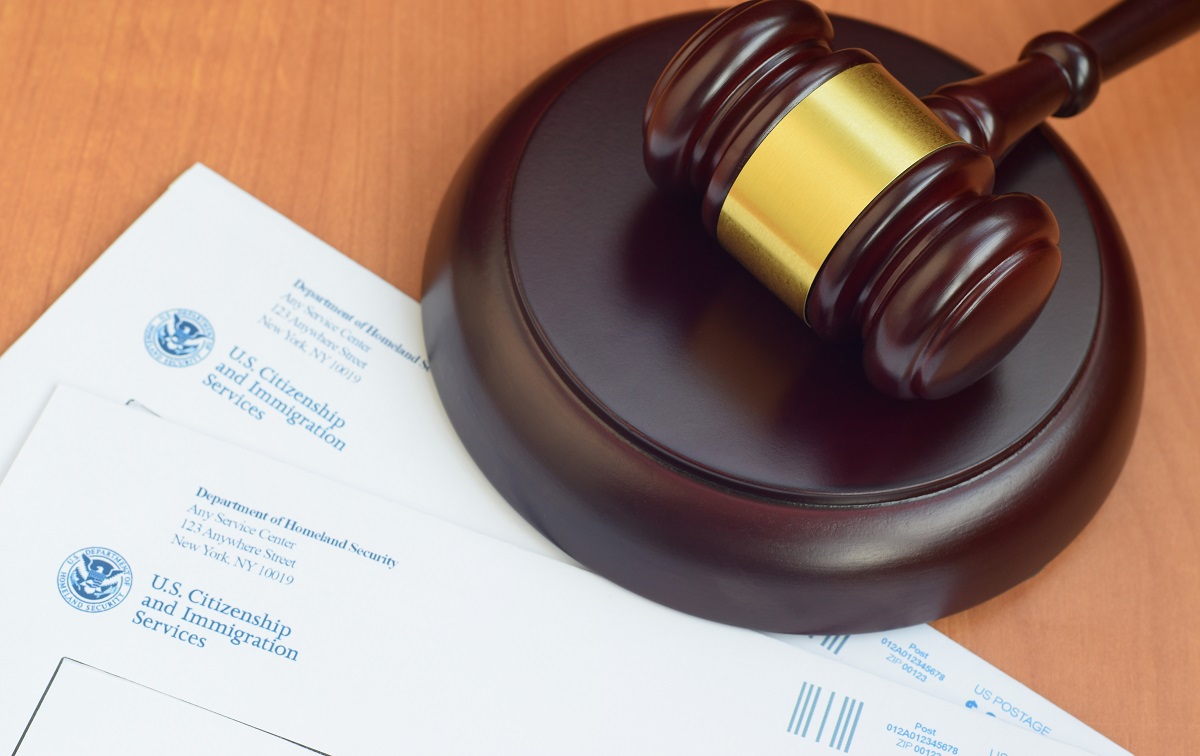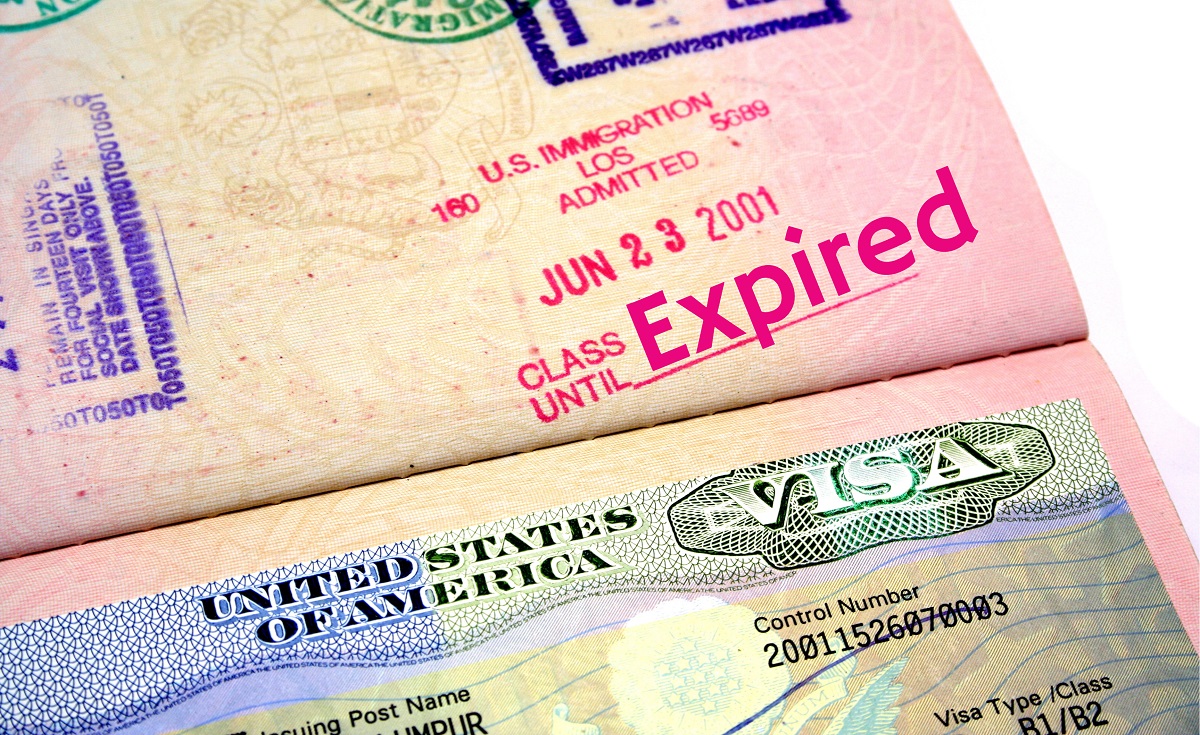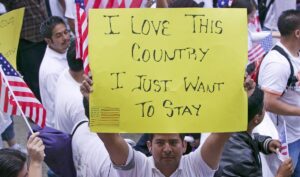
Many foreign nationals find themselves eligible for a green card but cannot finish the application process due to unlawful presence in the United States. Leaving the United States for the consular interview may trigger a bar to reentry due to the illegal time spent in the U.S. The I-601A waiver (also known as a “provisional waiver” or “stateside waiver”) provides a solution for many immigrants with this problem.
Form I-601A Waiver Explained
The government may deny permanent residence (green card) for a variety of reasons, such as crimes, fraud, immigration violations, health problems and even the likelihood of becoming a public charge. These reasons are known as grounds of inadmissibility. However, sometimes waivers are available. A waiver can help you qualify for a green card despite these problems. The I-601A waiver deals with only one reason - unlawful presence. Individuals who have time in an unlawful presence may only be able to obtain a green card through the use of the unlawful presence waiver.
Understanding the Unlawful Presence Bars
The process of getting a green card can get very complicated for persons who have accumulated a certain amount of “unlawful presence” in the United States.
How Unlawful Presence Gets Triggered
According to immigration law, unlawful presence is the period of time when you are in the United States without being admitted or paroled or when you are not in a “period of stay authorized by the Secretary.” You have likely accumulated unlawful presence if you:
- Entered the U.S. without being admitted or paroled;
- Overstayed an otherwise authorized period of stay; or
- Violated the terms of a nonimmigrant visa status.
Therefore, anyone who entered the United States without authorization is unlawfully present. Likewise, anyone who is out of status but remains physically present in the U.S. is accruing unlawful presence. Generally, the U.S. issues an I-94 arrival/departure record to foreign nationals who entered legally. Review this document to determine when your status expires.
Bars to Reentry After an Unlawful Presence
Unlawful presence can have significant, long-term consequences. You may be barred from reentering the United States for:
- 3 years, if you depart the United States after having accrued more than 180 days but less than 1 year of unlawful presence during a single stay (INA section 212(a)(9)(B)(i)(I));
- 10 years, if you depart the United States after having accrued one year or more of unlawful presence during a single stay (INA section 212(a)(9)(B)(i)(II)); or
- Permanently, if you reenter or try to reenter the United States without being admitted or paroled after having accrued more than one year of unlawful presence in the aggregate during one or more stays in the United States.
Certain individuals may be able to apply for a green card even after an unlawful presence inside the United States. This privilege is generally limited to immediate relatives (spouses, parents and unmarried children under age 21) of U.S. citizens. Immediate relatives may adjust status to permanent resident status inside the United States, even after an overstay.
Exceptions to the Rules
The law also provides exceptions for accrual of unlawful presence to the following noncitizens:
- Asylees: Time while a nonfrivolous asylum application is pending is not counted as unlawful presence.
- Minors: Children do not accrue unlawful presence while they are under age 18.
- Family Unity beneficiaries: Individuals with protection under the Family Unity program, as provided under section 301 of the Immigration Act of 1990, do not accrue unlawful presence while that protection is in effect.
The law also provides exceptions to the three-year and 10-year unlawful presence grounds of inadmissibility generally for:
- Battered spouses and children: The three-year and 10-year unlawful presence grounds of inadmissibility do not apply to self-petitioners under the Violence Against Women Act (VAWA) and their dependents if they can establish a substantial connection between the battery or extreme cruelty that is the basis for the VAWA claim and the violation of the terms of the noncitizen’s nonimmigrant visa.
- Victims of severe forms of trafficking in persons: The three-year and 10-year unlawful presence grounds of inadmissibility do not apply to trafficking victims who demonstrate that a severe form of trafficking was at least one central reason why they were unlawfully present in the United States.
In general, individuals protected by these exceptions will not need to request an I-601A waiver.
Eligibility for Unlawful Presence Waiver
To be eligible for an I-601A provisional unlawful presence waiver through a family-based petition, you must meet ALL of the following conditions:
- Be physically present in the United States to file your application and provide biometrics;
- Be 17 years of age or older;
- Be in the process of obtaining your immigrant visa and have an immigrant visa case pending with Department of State (DOS) because you are the principal beneficiary of an approved Form I-130 (Petition for Alien Relative) or are the spouse or child of a principal beneficiary of an approved immigrant visa petition who has paid the immigrant visa processing fee to DOS;
- Be able to demonstrate that refusal of your admission to the United States will cause extreme hardship to your U.S. citizen or permanent resident spouse or parent;
- Meet all other requirements for the provisional unlawful presence waiver, and the Form I-601A and its instructions; and
- Believe you are or will be inadmissible only because of a period of unlawful presence in the United States that was:
- More than 180 days, but less than 1 year, during a single stay or
- 1 year or more during a single stay.
Generally, you are not eligible for a provisional unlawful presence waiver if you are in removal proceedings or have a final order of removal, exclusion, or deportation. However, there may be other deportation defense strategies available to you. Speak to an immigration attorney to evaluate your situation.
Applying for the I-601A Waiver
Individuals who wish to apply for an unlawful presence waiver must file Form I-601A, Application for Provisional Unlawful Presence Waiver. At the time of writing this article, the USCIS fee is $630 (plus $85 for biometric screening under the age of 79). However, making a request is much more complicated than preparing a form. You’ll need to submit substantial evidence to support your claim that refusal of your admission to the United States will cause extreme hardship to your U.S. citizen or lawful permanent resident spouse or parent. This is not a do-it-yourself process. We highly recommend obtaining the assistance of an experienced immigration attorney to help you through the process.
Remember, you are also disclosing your name and address to the government while also admitting that you have been in the United States unlawfully. The potential benefits of the I-601A waiver are significant enough to take the risk provided that you have a well-prepared case that is likely to be approved. For this additional reason, it’s important to use an attorney.
I-601A Waiver Processing Times
Currently, it's taking USCIS approximately over three years to process Form I-601A, Application for Provisional Unlawful Presence Waiver, according to the agency's website. That processing time has more than quadrupled over the last five years.
Is a Provisional Waiver Worth It?
The I-601A waiver for unlawful presence is a great strategy to reduce the time burden that many U.S. citizens and lawful residents face before their qualifying relatives receive permanent resident status. However, the waiver itself does not provide lawful status, employment authorization, or protection from deportation.
Immigrants with multiple grounds of inadmissibility to the U.S. may not apply for the provisional waiver using Form I-601A. There is a different waiver process (Form I-601) that requires a wait outside the U.S. If you apply for the I-601A waiver despite these other obstacles, you risk deportation and losing your application fee.
It is always best to use an attorney to prepare your application for a waiver. An experienced immigration attorney can help you evaluate your eligibility, identify potential problems, and prepare a case that will improve your chances of getting a green card.
About CitizenPath
CitizenPath provides simple, affordable, step-by-step guidance through USCIS immigration applications. Individuals, attorneys and non-profits use the service on desktop or mobile device to prepare immigration forms accurately, avoiding costly delays. CitizenPath allows users to try the service for free and provides a 100% money-back guarantee that USCIS will approve the application or petition. We provide support for the Adjustment of Status Application (Form I-485), Family-based Immigrant Visa Petition (Form I-130), and several other immigration services.
Want more immigration tips and how-to information for your family?
Sign up for CitizenPath’s FREE immigration newsletter and
SAVE 10%
on our immigration services






